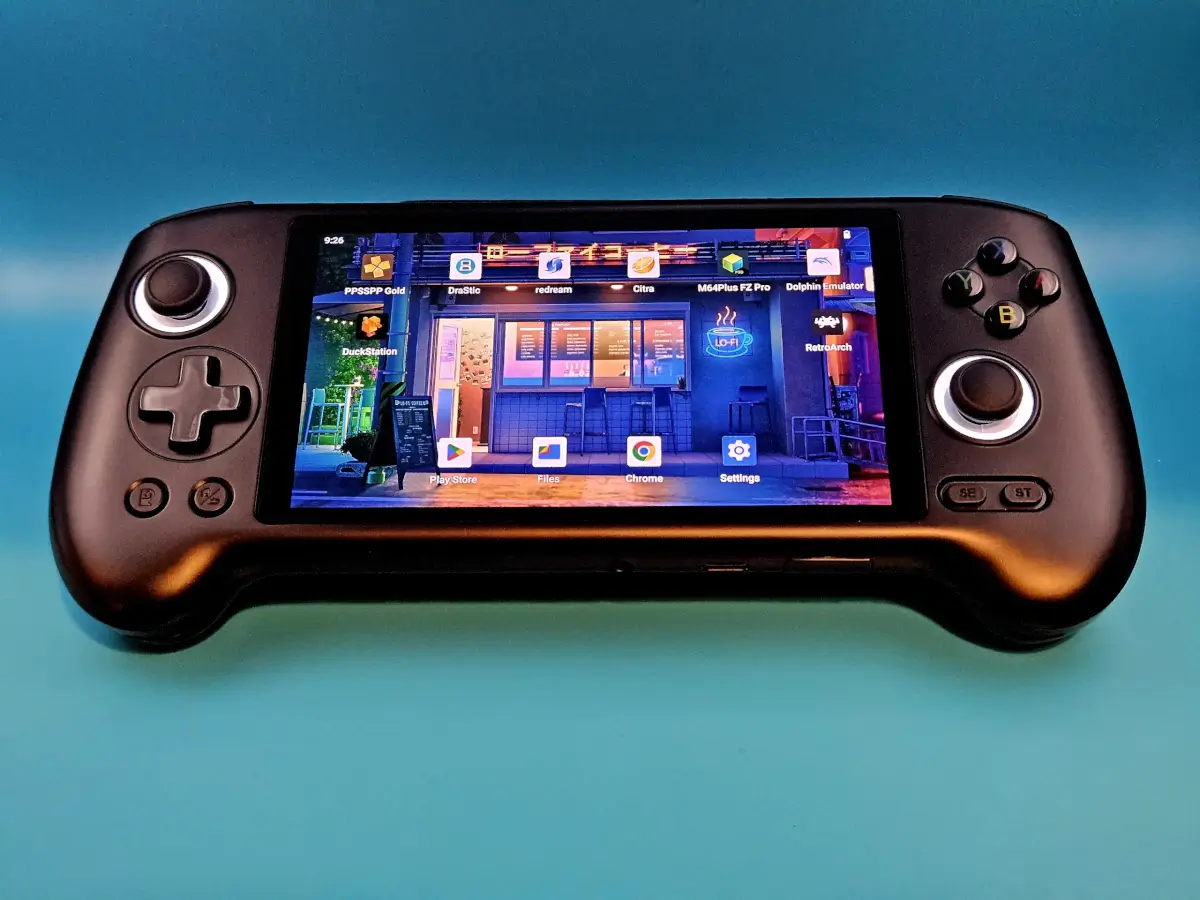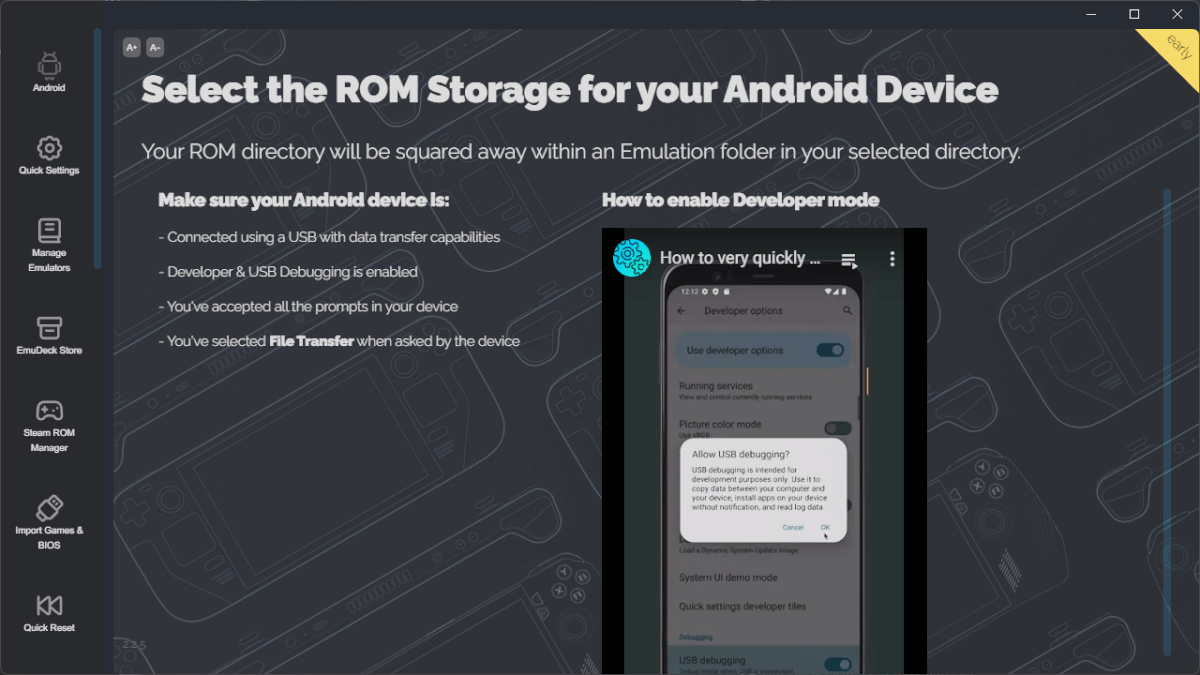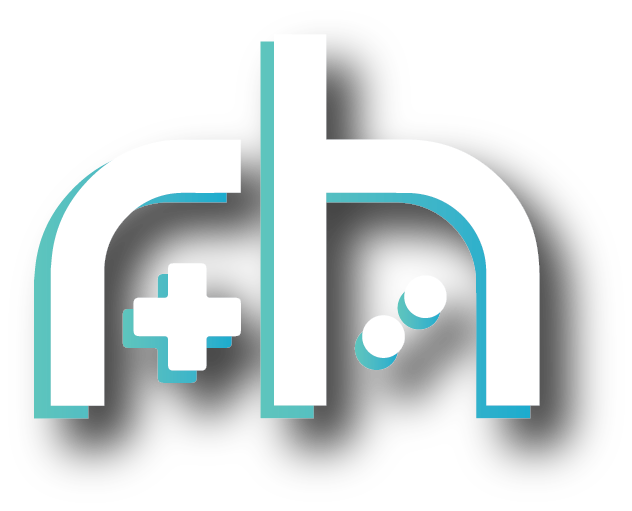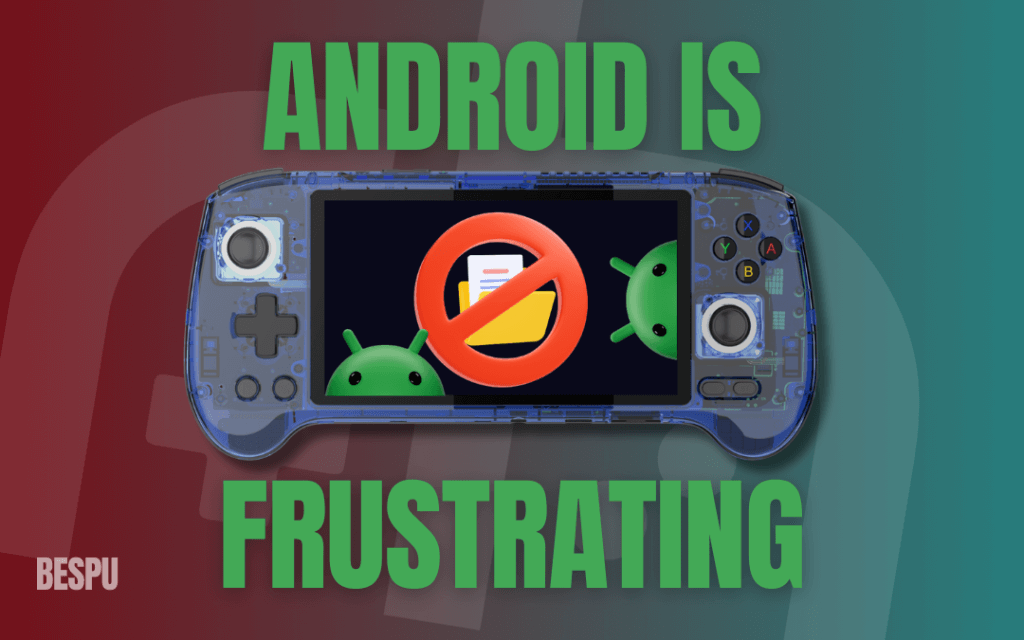Android has taken over the retro handheld scene – and for good reason. It’s the most widely used operating system on the planet, and every single ARM chip released in the past decade supports it, a privilege Linux does not share.
But while most of us love dearly our Retroid Pocket 4s, our Odin 2s, and our brand new RG556s, Android has some issues that shouldn’t be ignored. Here’s a few of them:
Lack of Software

While Android has a huge array of applications available, both through the Google Play Store and through sideloading, many gamers will still find the selection lacking. The selection of emulators is much smaller than on Windows or desktop Linux, with smaller dev teams. Besides a few outliers like RetroArch and Dolphin, most emulators treat Android as a second-class platform, sometimes skipping it entirely.
Not to mention that many of the most popular emulators on Android are closed-source, meaning that the people developing or porting them can (and have) dropped support out of nowhere – leaving the community scrambling to pick up the pieces through unofficial hacks.
The Frontends Are Meh (For Now)

This one might be controversial. Many folks absolutely love their Android frontends of choice, whether it be Daijishou, Beacon, friend-of-the-show RESET Collection (which you can get free if you join our Discord membership!), or any number of other options.
For the most part, they all handle the basics pretty well – they organize your ROM collection and sort it by system and/or genre, and most of them allow you to access your Android apps through them as well. Personally, though, I find that most of them are pretty lacking in the customization department. Everyone’s setups look more or less the same, regardless of device or owner.
There are a few exceptions – Pegasus and, recently, ES-DE are two highly customizable frontends. But Pegasus is a right pain to set up without an installer script like EmuDeck for Android, and EmulationStation is brand new to Android (you can’t even set it as your home screen yet!). With time, hopefully, they’ll both improve on this front.
But nothing is quite as bad as…
File System Restrictions

Ah yes, ‘Android updates’ and ‘ruining perfectly good things just because we can’ – name a more iconic duo. Several months ago, Google pushed out an update to all devices on Android Oreo (8) or newer, heavily restricting access to certain parts of the file system. This was the culmination of several other restrictions they’d been putting in place, starting with Android 10 and 11 which barred many apps from storing data in external or easily accessible parts of the file system.
This might sound like a bunch of mumbo-jumbo, but what it means for you and me is: save data and settings are now much harder to back up or sync, and external storage is now much less useful since we can pretty much only use it for ROMs, and ultimately – less control over our own devices. This is the absolute biggest issue with Android, in my opinion.
That being said, there’s still plenty to love about our Android handhelds. They’re the most powerful handhelds you can buy short of a Steam Deck, and they come in all shapes and sizes. The retro handheld scene of 2022 onward has been defined by Android, and despite the OS’s many shortcomings, it’s powering the present and future of our hobby.
And hey, if we really hated Android that much, wouldn’t we all just get a Steam Deck?
What did you think of this article? Let us know in the comments below, and chat with us in our Discord!
This page may contain affiliate links, by purchasing something through a link, Retro Handhelds may earn a small commission on the sale at no additional cost to you.


3 Comments
No u
Nice article. Good read and I agree.
I hope Linux adoption increases for these ARM handhelds especially on the high end spectrum.
No u